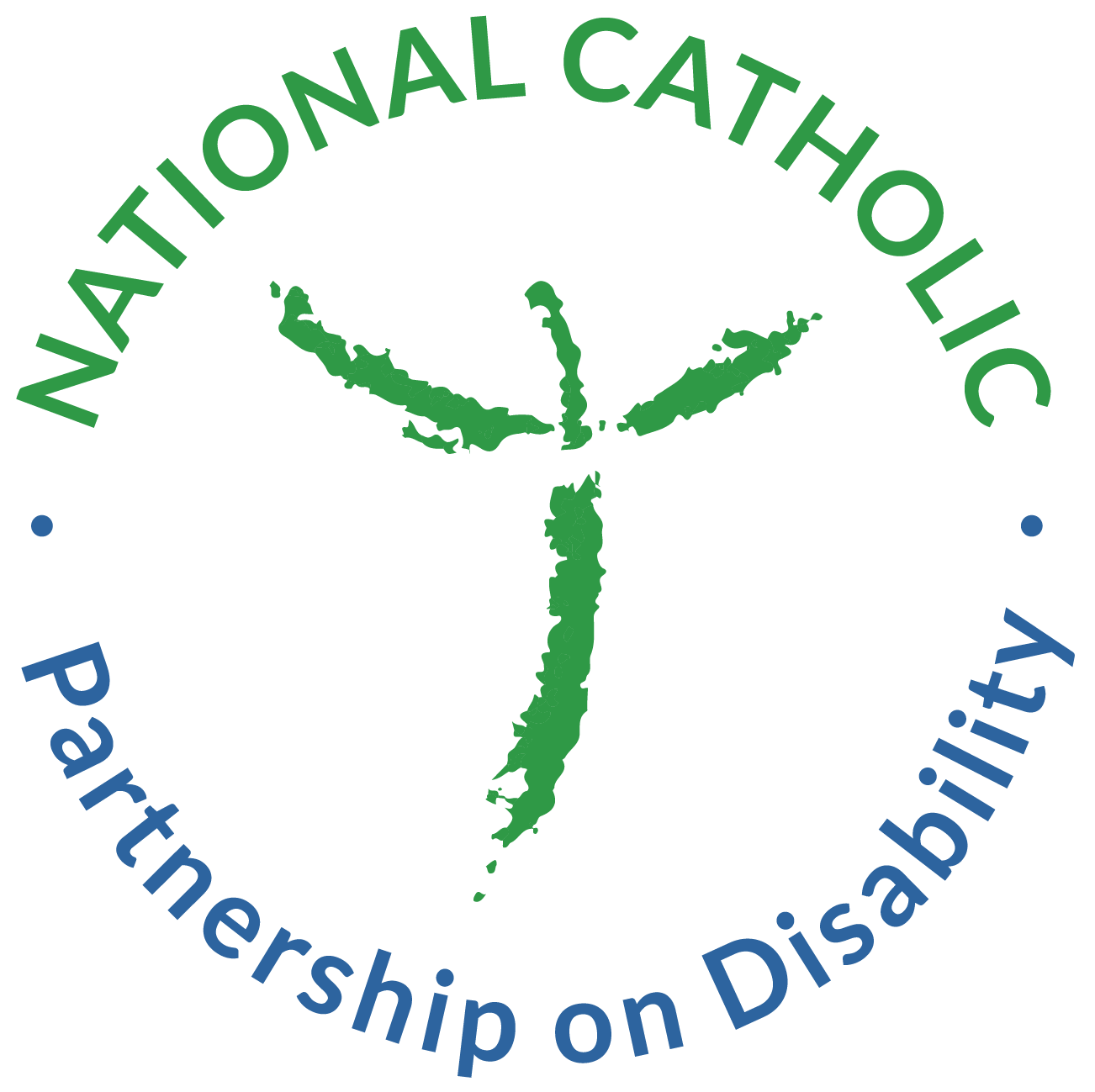Essential Components
There is no question that organization and structure are essential to an effective ministry with people with disabilities. However, there is no oneway to structure this ministry, as evidenced by the variety of configurations currently operating in dioceses throughout the country. We are witnessing the downsizing or consolidation of many programs, and in some cases, directors have been required to assume responsibility for additional ministries. These trends have made clear the need for creativity and openness to change when considering how best to create a welcoming and inclusive community of faith for all, including Catholics with disabilities.
While NCPD's mission of encouraging full and meaningful participation by people with disabilities in the life of the Church community has never wavered, the models and recommendations outlined in this section reflect NCPD's evolving judgment of how best to infuse disability concerns and perspectives into the consciousness, planning, and programs of every level of the church community.
Structures, and the direction and speed in which this ministry evolves within any diocese will vary according to a number of factors, including the following:
- vision, mission, and ministerial focus of the Ordinary;
- size and demographics of the diocese;
- availability of funds;
- additional duties outside the disability ministry which have been assigned to the diocesan director (hereafter referred to as “the director”);
- number of staff persons in this ministry;
- programs currently in existence; and
- needs that are particular to a local population (e.g., presence of an institution, group home or a school for the deaf).

